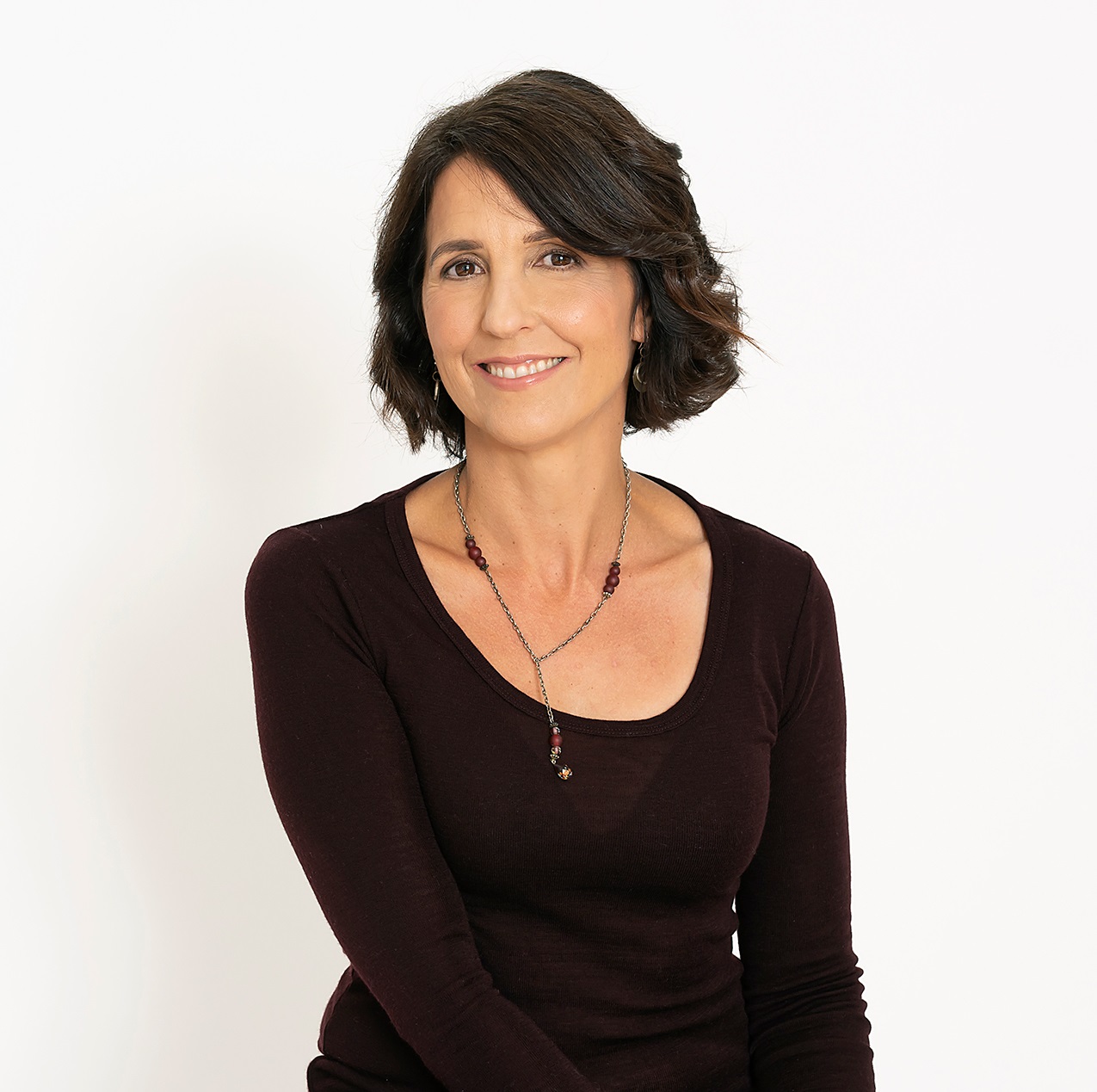Irregular periods are a common occurrence in women around the world. If you’ve been given a PCOS or Hypothalamic Amenorrhea diagnosis, or think you might have one of those conditions, there are similarities and differences you need to know. I’m joined by Dr. Lara Briden to bust all those PCOS myths that are holding you back from lasting hormonal health.
LISTEN TO EPISODE 145 OF THE FED AND FEARLESS PODCAST
Or listen and subscribe for free on your favorite app: Apple Podcasts | Spotify | Stitcher | Google Play | Android | TuneIn
About Dr. Lara Briden
Dr. Lara Briden is a naturopathic doctor and the world-famous period revolutionary—she’s leading the change to better periods for all women.
Informed by a strong science background and more than twenty years with patients, Dr. Lara is a passionate communicator about women’s health and alternatives to hormonal birth control.
Her book Period Repair Manual is a manifesto of natural treatment for better hormones and better periods and provides practical solutions using nutrition, supplements, and natural hormones. Now in its second edition, the book has been an underground sensation and has changed the lives of tens of thousands of women.
Dr. Lara has helped thousands of women find relief for period problems such as PCOS, PMS, endometriosis, and perimenopause.
Why Women Are Not Small Men and What That Means for Hormonal Health
A phrase that Dr. Lara has coined is “women are not small men.” She starts this conversation by explaining what she means by this and how understanding this can help further our perception and knowledge of female health.
We discuss Polycystic Ovarian Syndrome (PCOS) and Hypothalamic Amenorrhea (HA), including the key differences between them. While both have irregular or missing menstrual cycles as a key symptom, they are very different conditions. This is why you should rule out whether you actually have HA before you start down the lengthy process of a PCOS diagnosis.
Diagnosing PCOS and Treating It
A common way to diagnose PCOS is by ultrasound. While there’s nothing inherently wrong with an ultrasound, this is actually not an effective way to diagnose PCOS. An ultrasound can alert your doctor to cysts present in your ovaries, but this doesn’t necessarily mean you have PCOS, despite the name of this syndrome.
Dr. Lara explains her preferred lab tests for a correct diagnosis. She recommends speaking with your doctor and request getting tested at two points during your menstrual cycle for the most accurate diagnosis. There are also at-home tests you can order and supplements that can help to regulate your cycle.
Dr. Lara talks about what the different states of PCOS are and how the symptoms and causes of each differ. By far the most common state is through insulin resistance but there are other ways your body can develop this disorder.
Finally, we talk about how you can treat certain symptoms of PCOS or HA without having an official diagnosis. Whether by diet, nutrition and exercise, supplements, or other ways, there might be something you can do to reclaim your menstrual cycle.
How might PCOS symptoms be showing up for you? Let me know in the comments below!
Would you like to save this post?
Your email address is 100% safe and will never be sent spam.
Got a question you’d love to hear me answer on the show? Leave me a voice message here!
IN THIS EPISODE
- How Dr. Lara became a leading expert in women’s hormonal health [5:45]
- Why Dr. Lara says that “women are not small men” [9:10]
- The key differences between PCOS and Hypothalamic Amenorrhea [13:40]
- Why you should rule HA out before a PCOS diagnosis [20:50]
- The problems with an ultrasound for PCOS diagnosis [23:30]
- Relevant labs for a PCOS diagnosis [31:00]
- Why you should get tested twice during your menstrual cycle [39:00]
- The different states of PCOS and how to know you’re dealing with them [51:05]
QUOTES
“We seem to have this idea that female hormones are somehow a liability to health — that they’re something to be controlled. Of course, that’s so far from being true.” [11:50]
“A lot of experts are calling for the ultrasound for Polycystic Ovary finding to be dumped, really, because it’s just not helpful.” (26:47)
“You can always reverse out of PCOS. It’s reversible. That’s the symptom picture. Maybe not the genetic tendency, but the symptom picture is.” (48:39)
“A lot of times the best approach to PCOS is still going to improve insulin sensitivity, it’s going to reduce inflammation, it’s going to help you detox from any birth control hormones.” (1:00:59)
LINKS
Sign up for the Practice Better training!
Follow Dr. Lara Briden on Instagram | Facebook | Twitter
The Period Repair Manual by Lara Briden MD
Review Fed and Fearless on Apple Podcasts! Send a screenshot of your review to hello@lauraschoenfeldrd.com or send me a DM on Instagram, and I’ll send you my Overcoming Undereating eBook. If you post your favorite episode in your Insta stories and tag me @LauraSchoenfeldRD, I’ll also send you my 14-Day Calorie Challenge Recipe Guide!
Got a question you’d love to hear me answer on the show? Leave me a voice message here!
Follow me on Facebook | Instagram | Twitter | Pinterest
Podcast production & marketing support by the team at Counterweight Creative
This post may contain affiliate links. If you click on a link and make a purchase, I may receive a small commission.

+ show Comments
- Hide Comments
add a comment